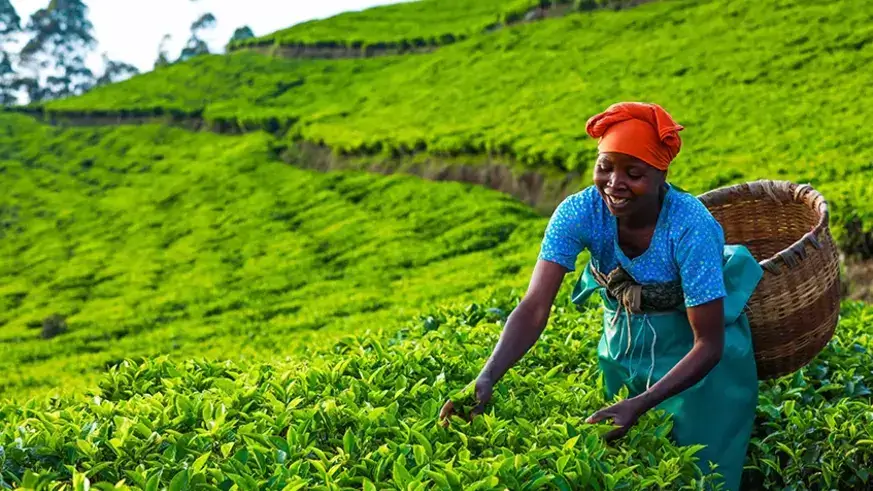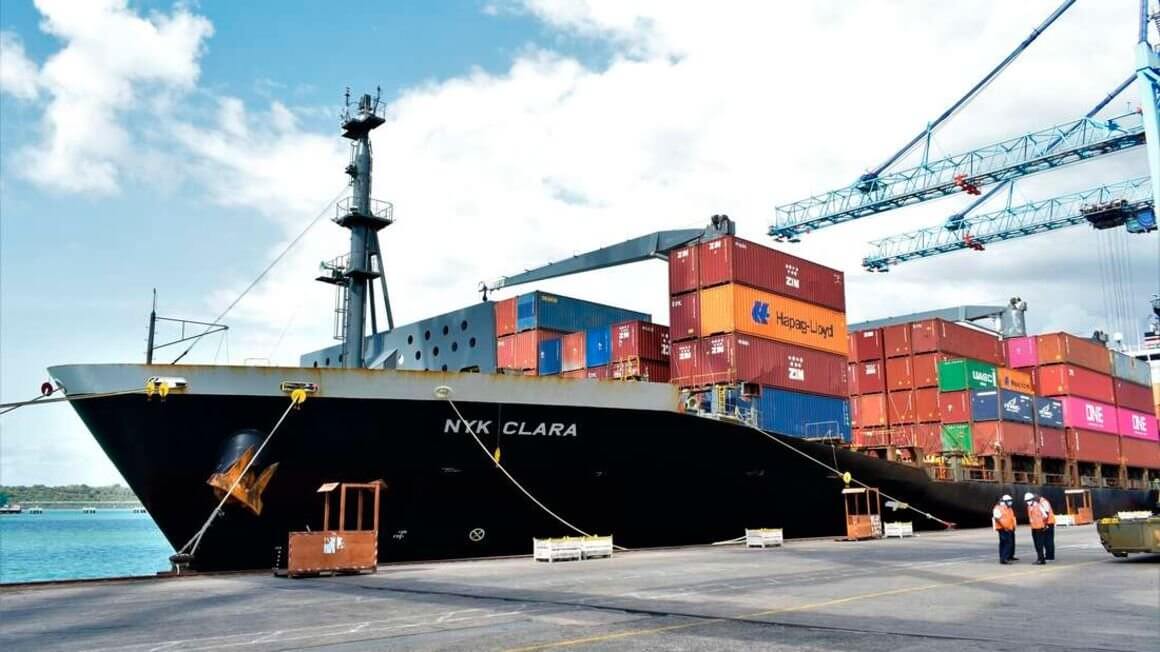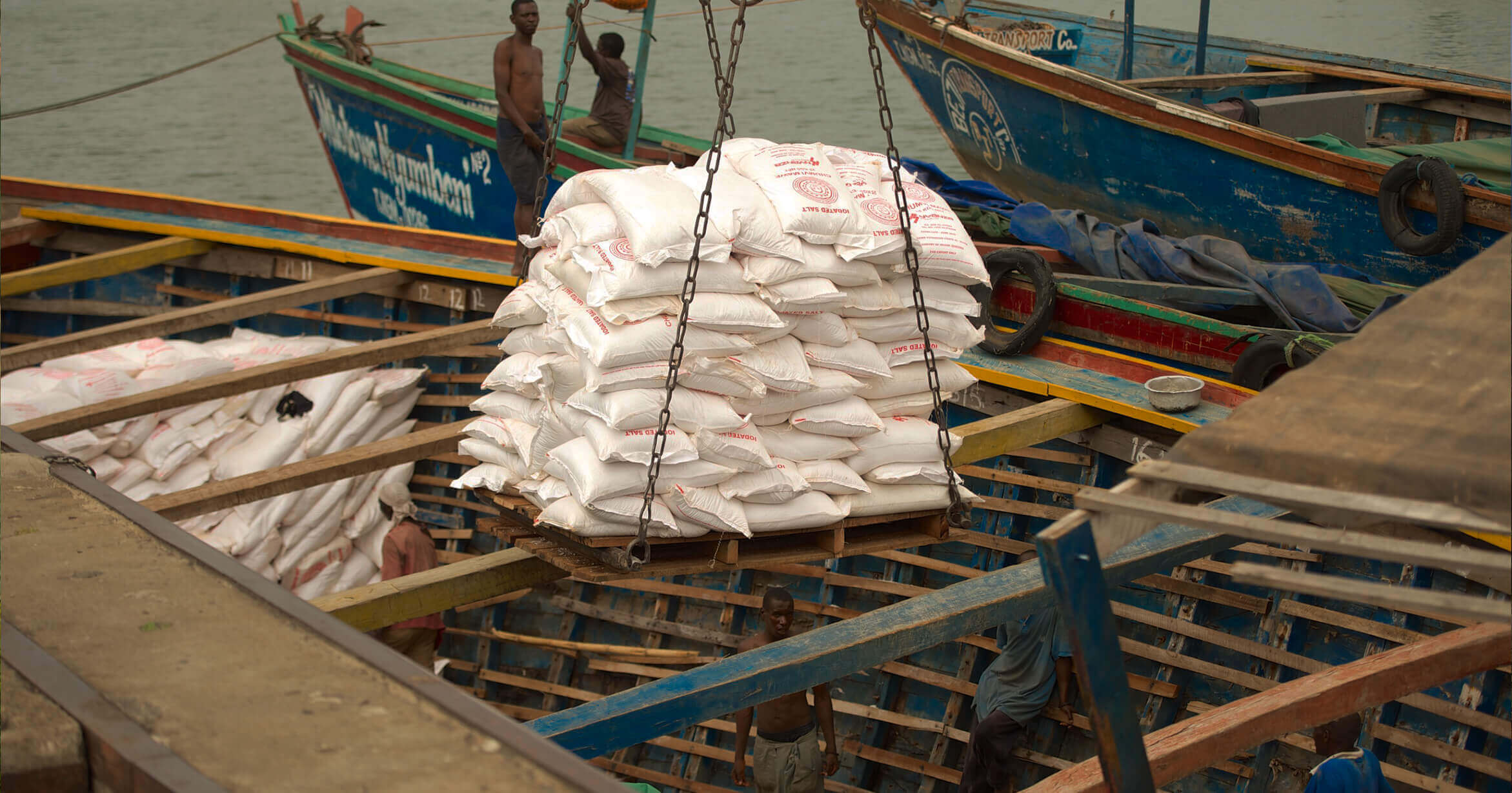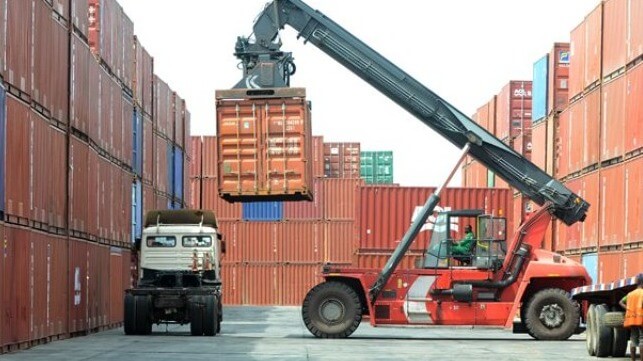Dr. Olusola Oloba, the Agriculture Sector Coordinator at the Secretariat of the National Action Committee of AfCFTA, Abuja, in this interview with EHIME ALEX, explains why AfCFTA may take longer time to realise its objective Could you bring us to speed with what African Continental Free Trade Area has been doing since it commenced work in January? The African Continental Free Trade Area is a trade body that aims to create a single market for goods and services in Africa, while the AfCFTA agreement is one of the major trade components that explain economic integration and talk about free trade. We also have the Customs Union. This happens when state parties begin to look at common external tariffs. Precisely, AfCFTA came into play in May 2019 after about 22 states ratified the agreement. But Nigeria signed the agreement in July 2019, making her the 53rd out of the 55 countries in Africa. What the agreement aims, majorly, is to create a single market for goods and services in Africa, as well as liberalise the market. When people are free to move across borders, goods and services are also free to move. It also contributes to the movement of capital and persons. What do I mean by this? The second phase of the agreement intends to look at what we call “cross-border investment” – the possibility of countries investing in other countries within the continent; for instance, a business tycoon from South Africa coming to invest in Nigeria. There are phases, actually....
Africa can surmount challenges facing AfCFTA implementation – Oloba
Posted on: October 4, 2021
Posted on: October 4, 2021
























